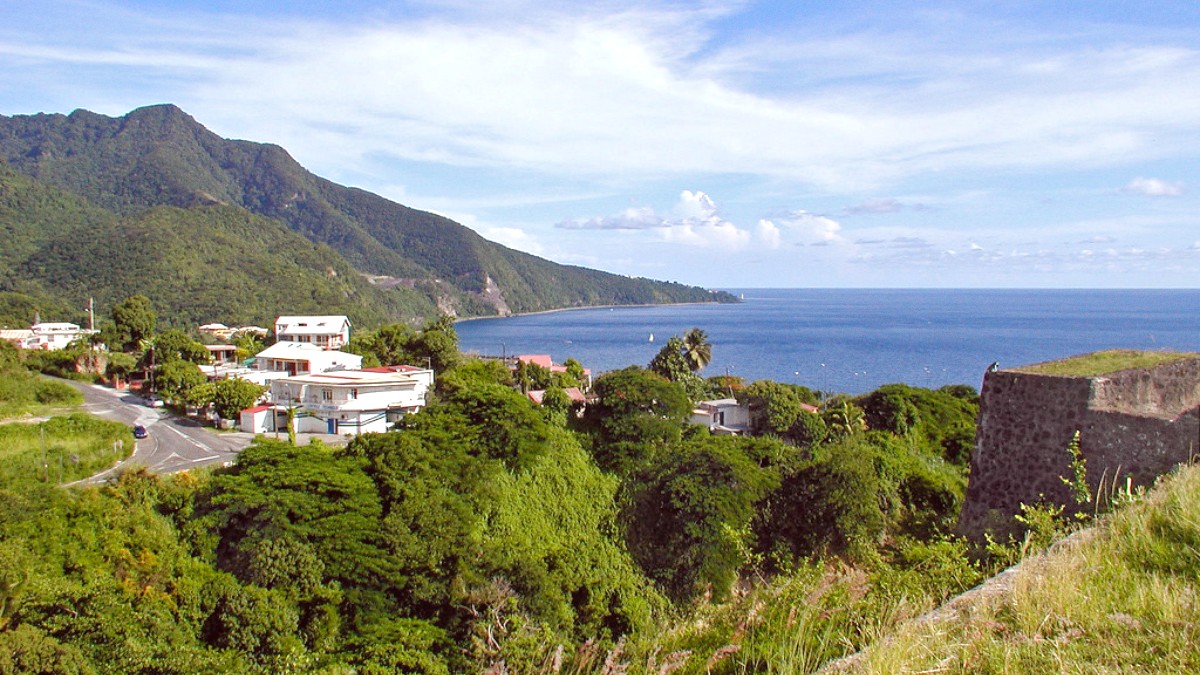
Guadeloupe
Guadeloupe has a rich and fragile natural environment. Protected areas like the National Park and marine reserves are under conservation initiatives.
Engage with local culture respectfully. Your interactions and choices can help preserve the unique heritage of Guadeloupe.
Your spending choices directly affect the local economy. Make choices that benefit the community you visit.
Guadeloupe's natural environment, from its coral reefs to its rainforests, is fragile. Mindful practices are important.
Support conservation by respecting nature reserves and their regulations.
Minimize your footprint through responsible waste disposal and water use.
Consider compensating for your travel footprint by purchasing carbon offsets for flights.
Choose accommodations and tour operators that prioritize sustainable practices.
Avoid buying excessive bottled water or single-use items. Consider products from companies like Package Free Shop.
When whale watching or observing marine life, select tours that prioritize the animals' well-being and maintain a respectful distance.
Interacting with respect for local traditions and communities.
Support local cultural initiatives to help preserve traditional skills and heritage.
Politeness and awareness of local customs greatly improve interactions.
When visiting churches or other religious sites, modest attire and respectful behavior are customary.
Ensure your shoulders and knees are covered as a sign of respect.
Maintain a quiet demeanor. Do not interrupt or cause disturbance, especially during services.
Some religious sites may prohibit photography inside. Look for signs or ask for permission.
Openness to local customs and traditions can deepen your travel experience.
Your spending choices directly affect the local economy. Make choices that benefit the community.
Support local businesses to ensure your money circulates within the community.
Direct purchases from local artisans and farmers ensure fair compensation.
Be aware of potential exploitation and ensure your actions do not contribute to it.
Direct your financial contributions to legitimate organizations for long-term positive change.
Prioritize local over international chains to strengthen the island's economy and create jobs.
Choose locally owned hotels or guesthouses. This keeps tourism revenue on the island.
Dine at "lolos" and other small, independent eateries for authentic cuisine and to support local chefs and staff.
Purchase souvenirs and goods from local shops and markets, directly supporting artisans and small business owners.
Avoid any activities that appear unethical or harmful to the environment, animals, or local communities. Be vigilant against illegal activities.
Responsible travel choices contribute to the well-being and sustainability of Guadeloupe's natural and cultural heritage.